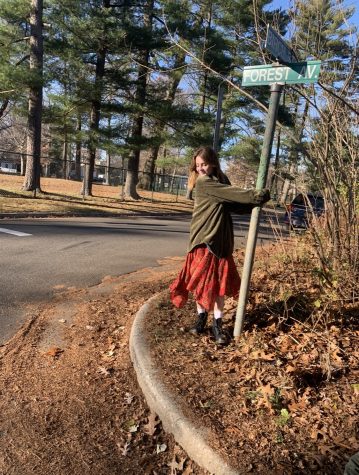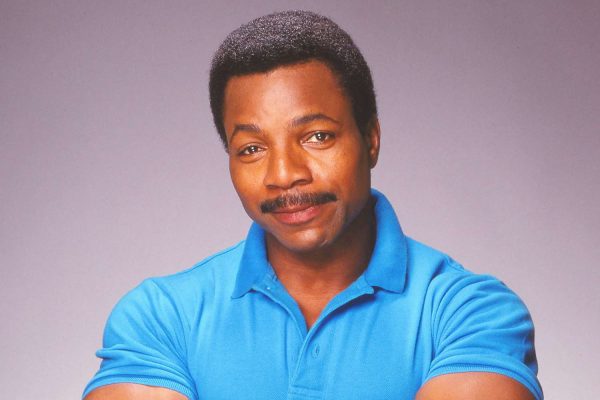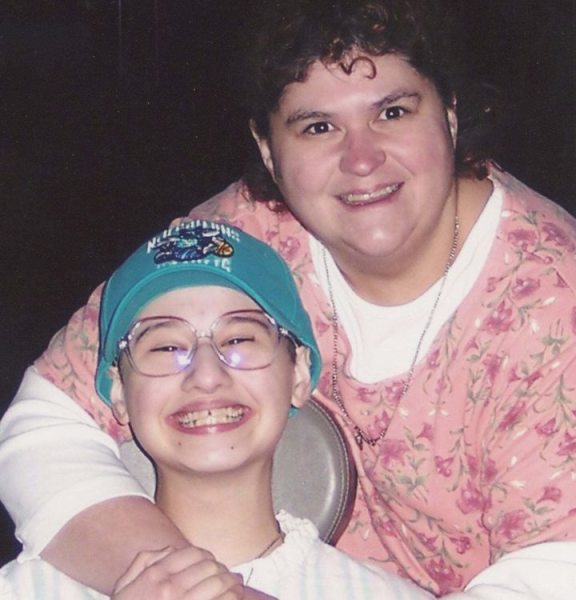Kanye West’s Posts Open Up Public Discourse

December 8, 2022
“I’m going DEATHCON 3 on Jewish people.”
This was the tweet, posted October 28th, that cemented Kanye West’s public tirade of antisemitism– as well as extremely publicized mental breakdown– at the forefront of modern pop culture debates. The media was a frenzy; how does one handle an A-List celebrity, with a history of mental illness, posting hate speech in rapid succession? The tweets, riddled with signs of mania, were disturbing to read, much less heard spoken about by Kanye himself on the Alex Jones show on December 1st. With antisemitism at appallingly high rates internationally, this display of Nazi-sympathy may have been just what the world needs to stop this new pandemic.
Since the start of West’s antisemetic diatribe, he has been dropped from dozens of brand and media endorsements, effectively losing $2 billion of his net worth. In the age of digital “canceling,” Kanye has been banned from Twitter by new owner Elon Musk in an effort to display his powers as CEO; he has now shown the public where he– and the platform as a whole– stands on free speech versus hate speech.
But Kanye West didn’t start antisemitism. Jewish people have been the subject of persecution and genocide and suffering for thousands of years, and they continue to endure this burden. What adds infinitely to the suffering is the fact that antisemitism is normalized in our culture. When Dave Chappelle is allowed to go on SNL spouting hate like “the Jews run Hollywood” and get laughs, that is racism.
Because Jewish people are white, it’s easy to discount their suffering. There, sometimes, is no visible indication at all that a person is of Jewish descent, and so their plight is forgotten in the shadow of more pressing cultural troubles. It’s easy for antisemitism to be brushed under the rug– batted away like some incessantly agitating fly– but in the past four years there have been over fifteen hundred incidents of antisemetic violence in the United States, and the number is growing exponentially.
Swastikas are drawn on buildings and Temples are subjected to mass shootings. The idea that the Holocaust never happened is supported by numerous public figures. Antisemitism has always existed, but having a public figure like Kanye West not only support but actively spout violent and disturbing anti-Jewish content for weeks and continue to have followers and apologists, the problem is glaringly obvious.
The world watches silently as Kanye West experiences a severe mental breakdown, spreading as much hate and violence as possible while he goes. The silver lining? The opportunity to facilitate public education and public conversation. Antisemitism exists without Kanye, but the extent of media exposure and outrage brought on by the rapper would not be possible without someone of his caliber making such a controversial and outrageous stand. We as a society should be utilizing this situation as a means to expose Nazi-sympathizers, both within our government (as are being exposed through their relation to Kanye) as well as in our own personal lives. As President Biden tweeted in response to West, “Silence is complicity.” Building a better, more inclusive world starts with us; the very first step in the daunting task of betterment is often one’s own ability to acknowledge the problem.











